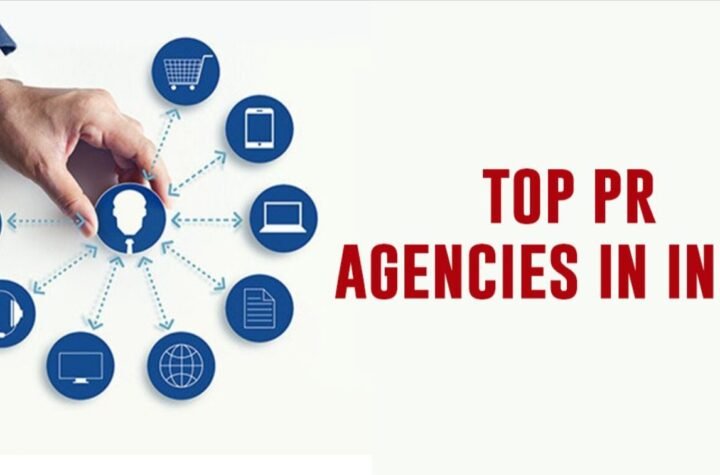
Contract Negotiation Tips for Physicians
You may be currently seeking employment with a hospital or healthcare organization. If so, there’s a lot to consider.
First, you need to decide where to apply for work and whether the institution is a good fit for you. After you have a shortlist of hospitals to apply to, that’s when exciting things happen! If all goes well, the interview process will go swimmingly and you’ll get offered the job!
Even though you think you’re all set when you get a job offer, there’s still a lot to iron out first. As it turns out, a physician’s contract is something you should go through with a fine-toothed comb.
It’s vital to know what your job will entail now before you sign the contract. You don’t want to have to deal with any income loss or not be satisfied with your working conditions.
To start your career as a physician right, be confident that you know every detail about your new job. Here are five negotiation tips to keep in mind!
1. Be Familiar With Contracts
For you to negotiate well, you should understand physician contracts. You may not be familiar with some of the terms. Do some research on what some of the terminologies mean before signing anything.
Or, better yet, do some research before interviewing. The more you know about contracts and all the acronyms, the better.
It’s okay if some of what you read isn’t familiar to you. That’s why you’re taking the time to familiarize yourself with everything!
You don’t want to get into a situation where you sign something that comes back and haunts you later. Before signing on the dotted line, make sure you know what the contract entails. You must understand and be okay with everything outlined.
2. Clarify How a Bonus Incentive Works
It’s common for physicians to mainly be focused on their salary during a negotiation. While a paycheck is, of course, important, in the process, they forget about the bonus incentive.
Some institutions include a bonus, incentive, or combine the two. Find out if they offer one, and if they do offer one, ask how it works.
Usually, a doctor achieves a bonus based on productivity.
Receiving a bonus through productivity is hard to measure. To understand how the contract defines rewards, consult with a physician contract attorney.
A contract lawyer can clarify how the bonus outlined in the contract would work. And, they can suggest whether to ask any questions or request contract changes.
Get the bonus incentive details ironed out before signing your contract. That way, there won’t be any misunderstandings down the line.
3. Knowing the Difference Between Compensation and Salary
Another aspect to understand is the difference between your compensation and salary.
Your salary is the yearly income, and your compensation is the entire package. Compensation will include things like a disability plan, 401k, and malpractice coverage.
Review both with your lawyer. Also, keep in mind that some institutions may offer you an excellent salary that’s not what it seems. If an organization gets its support from a hospital, your salary could change in the future.
So, besides knowing your salary for the first year, find out if there’s anything that could change that.
Have an understanding of your salary so that it will meet your expectations. And, of course, this is assuming you continue to work for the institution.
In Conclusion
Getting a new job as a physician is exciting, but don’t let your excitement cloud your judgment.
Go through the interviewing and contract negotiation with both eyes open. You don’t want any surprises down the road that could derail your career.
In addition to the tips we mentioned above, here are a few more to keep in mind as you review your contract:
Find out what type of insurance is in the area of your practice (i.e., Medicare and HMOs)
- Clarify language in the contract that seems unclear
- Be on the lookout for evergreen contracts that don’t outline specifics.
- Ask lots of questions.
- Negotiate with a positive attitude
- Having a negotiation process that goes well is essential to your happiness.
How it goes will determine how happy you are in your position, so speak up before signing anything!





More Stories
Integrating Digital Learning in Bangalore’s Academic Environments
How a PR and Communications Agency India Helps Brands Build Media Relations?
Why Smart Data Management Makes Business Life Easy?